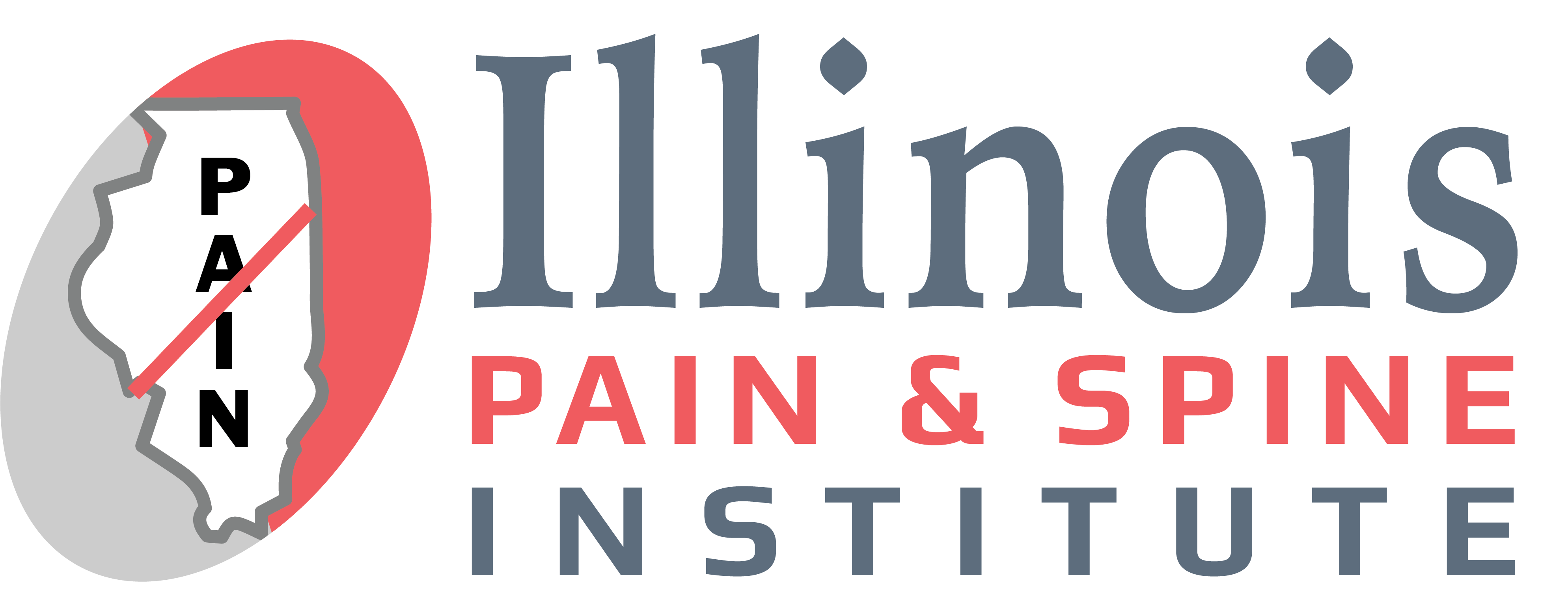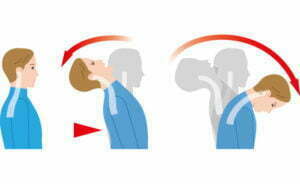08 Jan What Is Whiplash And What Can I Do To Relieve My Pain?
Whiplash is an incredibly painful injury to the neck that occurs during a sudden trauma. This could be caused by a crash, major fall, or collision that jerks your body and head in different directions. This opposite motion can tear or strain muscles in the neck, and even damage the spinal column. There are several treatment options available for patients suffering from chronic neck pain due to whiplash. These can all depend on your pain level, injury, and desired results!
What is Whiplash?
Whiplash occurs when a person’s head moves backward and then forward suddenly with great force. This injury is most common following a rear-end car collision. It can also result from physical abuse, sports injuries, or amusement park rides.
Whiplash results when the soft tissues (the muscles and ligaments) of your neck extend beyond their typical range of motion. Your symptoms might not appear for a while, so it’s important to pay attention to any physical changes for a few days following an accident. Whiplash is thought of as a relatively mild condition, but it can cause long-term pain and discomfort if it is not treated properly. Some of the common causes of whiplash are car crashes, horseback-riding accidents, sports injuries, cycling accidents, physical altercations, and many more. The symptoms associated with whiplash are general neck pain and stiffness, headaches, dizziness, and possibly blurred vision. Sometimes, symptoms of a concussion can be similar or associated with whiplash, depending on the injury.
How is Whiplash Treated?
Medication
Certain medications are extremely effective at reducing the pain associated with whiplash. A doctor will most likely prescribe anti-inflammatories, stronger pain medications, and potentially steroids to reduce your pain. There are also nerve blocks that are effective at treating the nerve pain common in spinal injuries. If your symptoms include muscle spasms and stiffness, your doctor may also prescribe a muscle relaxer. These are designed to ease the tense state of your muscles after an injury. This may also relieve any tension headaches from your stiff muscles.
Nerve Root Blocks
These injections involve numbing medications or steroids that can reduce your neck pain. The injections are placed in the space where nerve roots exit the spine. The cervical spinal nerves can be damaged during the trauma of whiplash. Steroids can alleviate this nerve pain by stopping pain signals from leaving the neck and reaching the brain. These nerve blocks are very safe to use for neck injuries and chronic pain.
Physical Therapy
Physical therapists are trained at reducing pain after injuries and allowing patients to get their full range of motion back. They can utilize several techniques like STEM therapy, cold therapy, and massage therapy to loosen your cramped neck muscles and reduce pain.
Acupuncture
Acupuncturists use small needles that are placed in nerve bundles of the body. These needles stimulate blood flow in areas that are tense and experiencing pain. There has been extensive research done on the effectiveness of acupuncture on chronic muscle and spinal pain.


